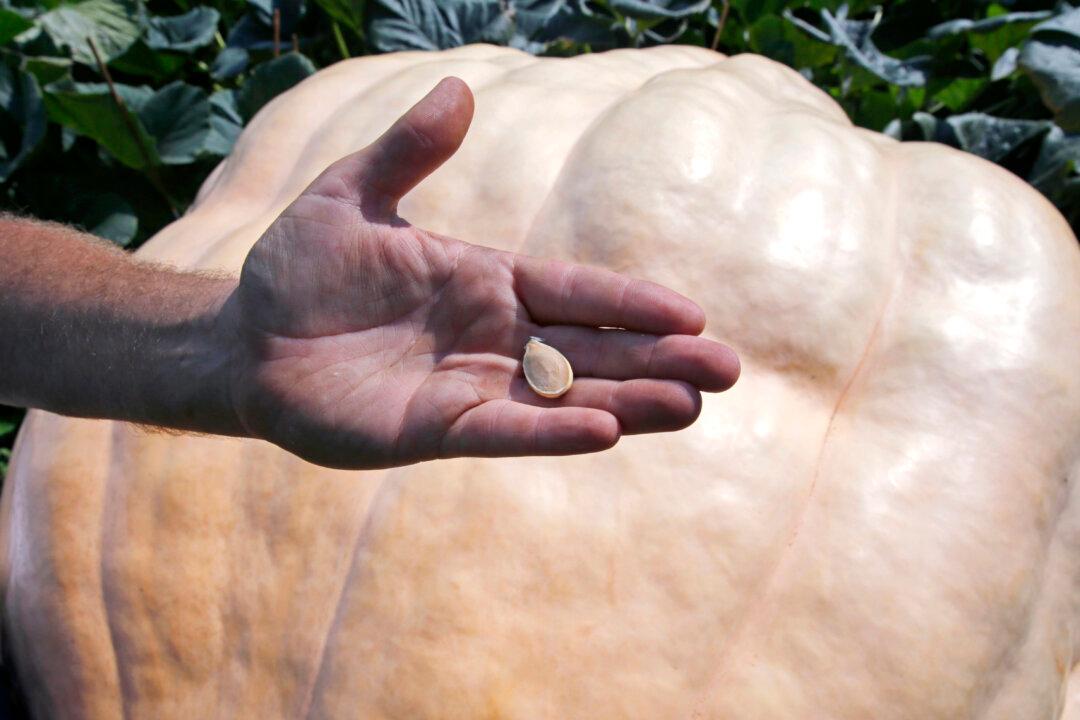COVENTRY, R.I.— Ron Wallace grows pumpkins nearly the size of a Fiat.
From the pumpkin patch in his Rhode Island backyard, Wallace has become the rock star of giant pumpkin-growing. He was the first person in the world to break the 2,000-pound, or 1-ton, barrier when he grew a 2,009-pound pumpkin in 2012, and he previously broke the world record in 2006. A friend calls him a “mainstreamer,” someone whose passion for the hobby has spread word to the broader public.
Wallace, a country club manager, has spent 27 years at it, swapping ideas with growers worldwide. About 30,000 people grow giant fruits and vegetables competitively, and pumpkins are most popular, said Andy Wolf, president of the Great Pumpkin Commonwealth, which he calls “the NFL of pumpkin-growing.”







